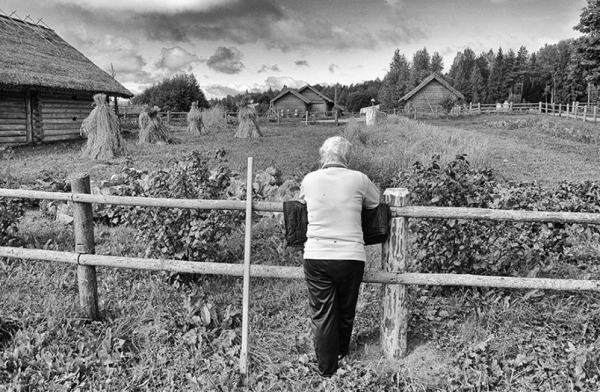Riga
June 20th, 2017
[portfolio_slideshow id=2313]
“Abrídeme esa ventá que quero ve-lo mar”
June 20th, 2017
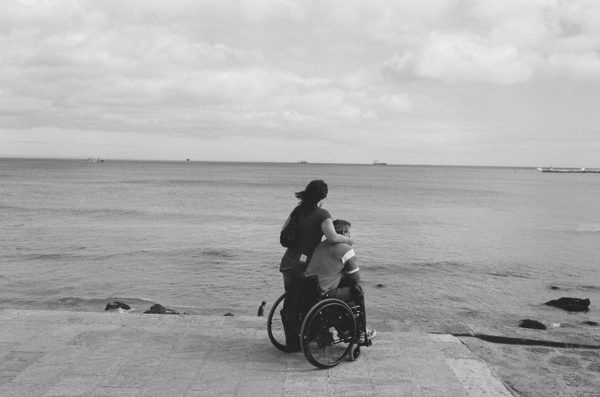
Cascais, Portugal
Le cycliste avec parapluie
June 20th, 2017
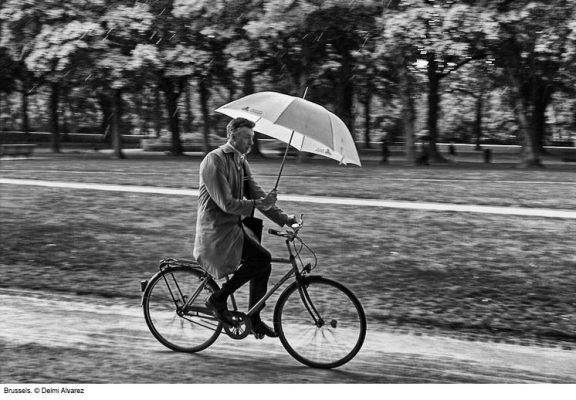
Arde Galicia!
June 19th, 2017

Arde Galicia!: expresión moi galega que asemella unha acción ou feito con relación a queima dos montes. Unha probable variante podería ser Arde Galicia carallo! que usase mesmamente para denunciar ese acontecemento como desaprobación e enfado. As fotos son do verán do 2006, un verán moi quente aquel, pero non lles amolaba moito aos políticos que se fixera ruido con elas.
Galeria de imaxes: http://www.delmialvarez.com/old-delmialvarez.com/ardegalicia.html
The Himba
June 12th, 2017
Himbas, struggle for survival (preview) from Delmi Alvarez on Vimeo.
The Himba documentary project
Many years ago I had been captivated by the visual anthropology and the ethnography, and finally in 2014 I began a university degree. I didn’t had a academic preparation till that time, but i read a lot, and my library is full of elementary classic authors in different languages. Books are the best friends. With the born of our twins Isabella and Elsa, work and studies stopped my professional and personal life for a long time, but I’m still alive and reading.
This teaser of a documentary about Himba people, was filmed in tapes with Sony Z1 in 2009. I arrived Namibia on November, hot and tropical weather. A namibian photographer advice me to paid for a permit to the Namibia Film Commission, otherwise you will be banned from the country. Following his indications I traveled to Windhoek and paid a expensive fee. With the permit in my hand I did come back to Walbis Bay.
To travel around Africa you need a lot of common sense, have skills, drive in all kind of roads (with the steering wheel on the right) , and of course have a spirit of adventure, because everyday you learn something that you will never forget. In Africa, the stupidest of actions can mean sudden death, there is not hospitals or doctors in the middle of nowhere, and its very recommended buy a good insurance that takes you by helicopter or plane to nearest help/health center.
I arranged the long trip and with the help of several good friends in Walbis Bay, load food, maps and advices I was ready to go, but suddenly I got a unknown and rare African tropical disease that left me in the bed a week. I found myself very tired, with a terrible pain in the chest and cough. Even taking medicines was not able to improve my health.
After a week, still sick, with a slow recovery in the house of best friends, I decided get up and drive by myself to the 701 kms to Opuwo, alone but with the best friend tank Toyota “donkey” drinking a lot of water, fruit, and sharing my 38C fewer with my own playlist of rock music played in the radio tape. I wanted a non stop trip, but there are always circumstances along the way, including a run over a herd of goats (by fortune no kill any), avoiding snakes crossing the road, faster rabbits, and killing thousands of mosquitoes or insects that were stuck and crushed in the bonnet and crystals of my Toyota. Of course as well, a few chickens, lucky for them that escaped from the big tires of the “donkey”. I paid for some damages to the locals (you can’t run away without pay to the owner). Anyway you’re forced to stop and check the situation. Money go out from the pockets and you can leave the scene of the “crime” relaxed, otherwise the police will put you in the jail. It is very typical anywhere in Africa, the animals are running in freedom and we are guilty of that, even if they crossed the roads suddenly.
When I arrived to Opuwo the car show a warning light about the engine. I found a mechanic, they booked a spare part that was delivered days ago and repaired, Meanwhile I did stay in a hotel where I knew some guys of a NGO.
Some things happened during that days, and it could be a book in the future about this adventure. When you travel by Africa you can find all kind of people and your life is about money, diamonds, gold, alcohol and girls. By fortune I knew a best friend Elia Jimmy Tolu fixer and good person that helped to me a lot. In fact, I recommended him to many people that asked when they went on anthropological expeditions to study the Himba. If you decide to gone your own business without a good fixer and guide for sure, you will be lost, and soon, without water, mobile phone (not network covering) and food, you will be a nice piece of meat for the thousands of animals and insects that roam hungry everywhere.
With the help of Jimmy we reach Epupa falls, a paradisiac place, border with Angola, and we spent a time traveling and living, visiting the many small villages where live Himba people, not easy access, impossible to find if you don’t go with a person like him. So, we worked together in this project to be broadcasted in the TVG, but, in 2009 the galician government changed, and our project went to the paper bin. It happens to many filmmakers, authors, photojournalists, writers, scientifics: “nobody is a prophet in their own land”, said recently a good friend from Magnum’s agency in London. and its true.
I never went back to Himba land to film the next chapters of how this amazing african tribe lives. In fact, the Himba people will be destroy by the tourism, that brings them all kind of deseases, HIV, alcohol, batteries for radios, lighters, and other stuff from “civilized and developed countries”. It is creating a need to survive, instead of the logical and natural process of their progress. All tapes filmed was downloaded to a hard disk and they are sleeping the eternal dream. Maybe someday I will have the good mood to edit the complete documentary, which was intended to be an ethnographic work for public use.
The teaser show a few minutes of whole documentary.
Thank you so much for watch it and share.
Reference: I read as much I can about The Himba people, and there is a spanish anthropologist that know them very well: Francisco Giner Abati.
Transmigrants
May 20th, 2017
[portfolio_slideshow id=2213]
O ser humano ten por dereito, vivir en calquera parte, e da mesma maneira, estamos condenados desde o principio dos tempos a vagar, buscando o noso destino. Nacemos inmigrantes ou descendemos deles e somos parte da nosa historia, dun proceso que vai no ADN da humanidade. Os seres humanos móvense dun lugar a outro en busca dunha solución onde empezar ou continuar unha vida familiar, a procura do sustento para vivir, un traballo decente, unha casa con fillos, e sobre todo atopar a felicidade, unha quimera nese longo camiño.
O mundo, avanza nunha crise migratoria que vai de norte a sur e de leste a oeste. Nas Américas, as persoas viaxan miles de quilómetros de sur a norte, buscando mellorar económicamente nos Estados Unidos, como en África que cruzan a España para chegar a países ricos donde atopar unha oportunidade.
O norte é o progreso e a prosperidade, ou iso parece. O sur é pobre, esquecido na miseria. De leste a oeste, a xente viaxa a Europa, escapando das guerras que non son súas, dos governos dictatoriais, da continua falta de dereitos humanos. Foxen das súas cidades, dos pobos, co medo, de vivir en ameaza, e prefiren elixir a vida en lugar da morte, de non loitar por unha causa que non entenden, porque non é deles.
A crise da inmigración que azouta a Europa, é un exemplo de como os seres humanos seguen movéndose dun lugar a outro no planeta, en busca do futuro, dos seus fillos e da súa familia. É necesaria a loita dos seres humanos para seguir con vida e continuar co proceso da súa descendencia. O proxecto Transmigrants ten como obxectivo documentar os procesos e a vida destas persoas que veñen a Europa e atópanse coas barreiras infranqueables que non lles permiten vivir con dignidade, onde crían que todo podería ser un soño alcanzable.
O proxecto Transmigrants
Este é un ensaio sobre un proxecto de fotografía documental a longo termo (2003-2016), dun problema social como o é a migración, éxodo ou desprazamento de persoas fuxindo das guerras, dictaduras, dereitos humanos, provocadas e organizadas por aqueles que se empeñan en crear un mundo de ideas e políticas neoliberais e un novo orde mundial. Este é o segundo proxecto sobre migracións que levo a cabo despois de Galegos na Diáspora.
É importante documentar coa fotografía etapas das sociedades cambiantes, igual que fixeron outros autores sobre outras crisis sociais ou culturais. A fotografía documental axuda a outras ciencias, como o pode ser a socioloxía, antropoloxía, etnografía etc.
http://www.delmialvarez.com/transmigrants/
Amsterdam
May 20th, 2017
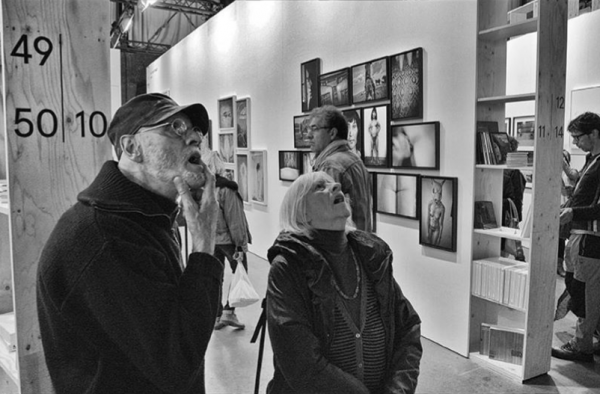
Nazaré
May 20th, 2017
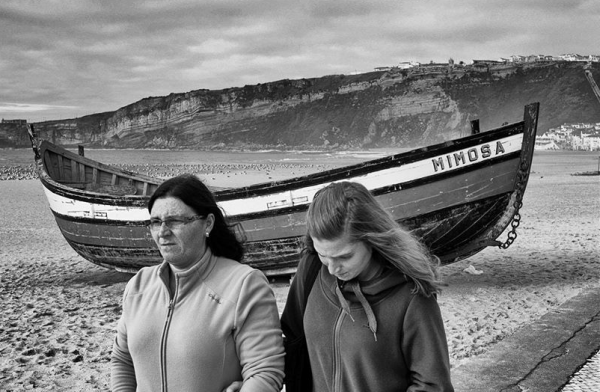
Abandonado
May 20th, 2017
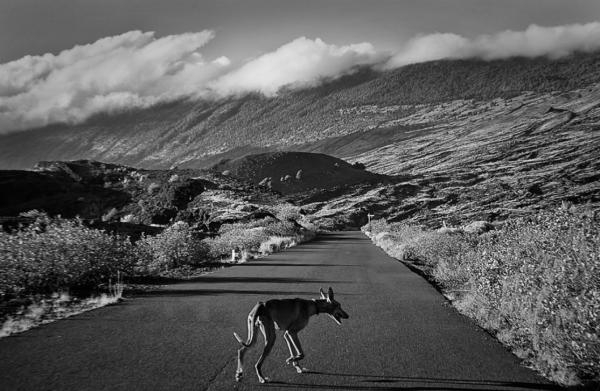
In the land of Alexander Pushkin
May 20th, 2017
